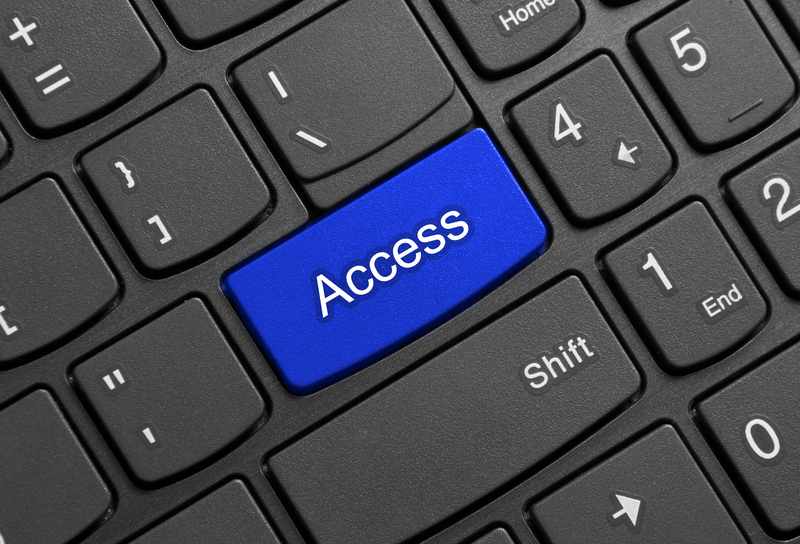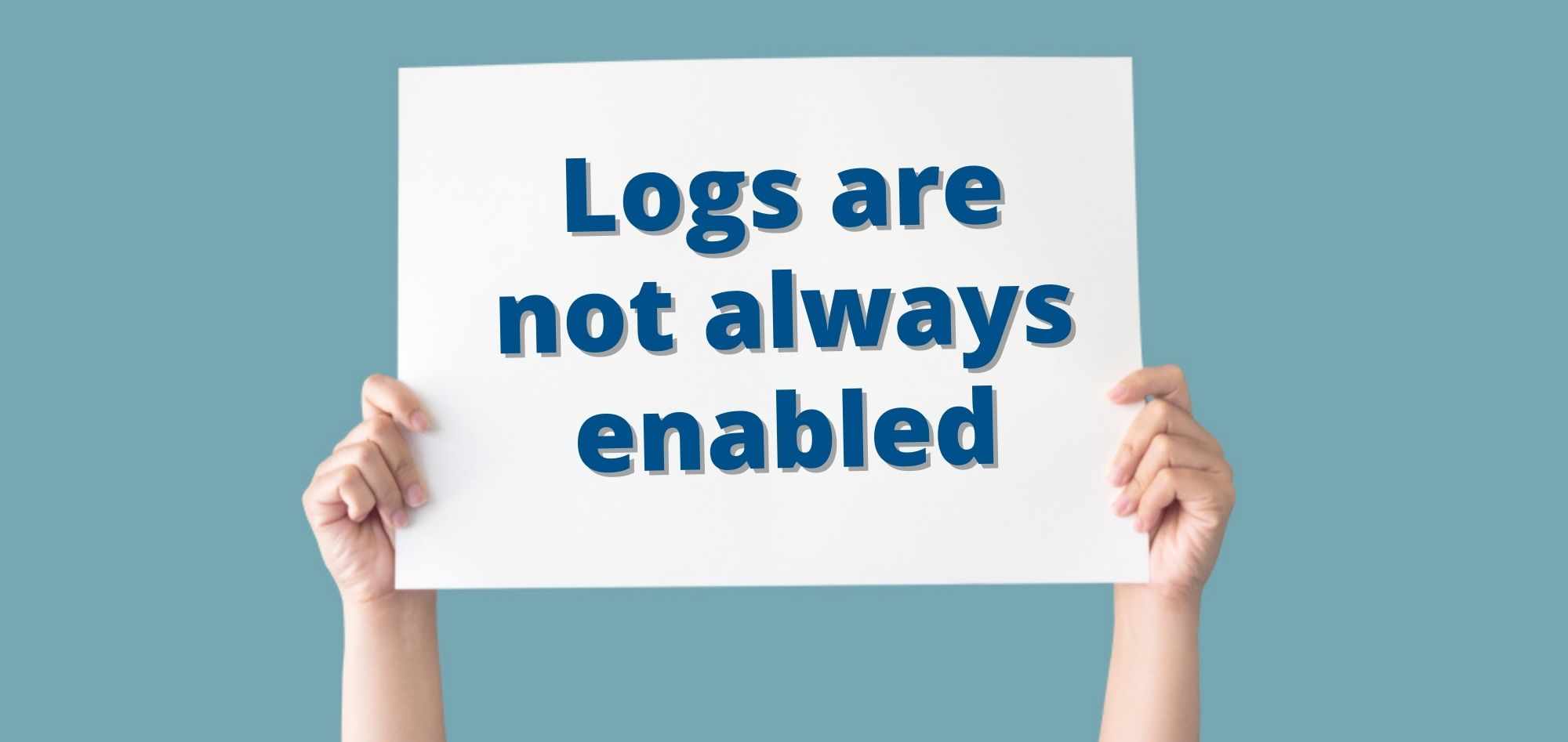
It’s hard to believe it, but back in the day having the internet at all was a massive luxury. Worse yet, it was slow and expensive and ran through your phone lines, dropping out if anyone tried to make a call when you were online.
It was absolutely abysmal, looking back on it! Thankfully, we’ve moved on a lot from those days. Now, we have begun to consider the internet as an absolute necessity, and something that we expect to have access to wherever we roam.
These days, we also entrust huge portions of our lives to the internet. For example, many of us do our shopping online, as well as our banking and other vital functions. In fact, in recent years there has been a massive surge in people opting to work entirely from home.
And, with that, plenty more who have decided to take their remote work on the road with them and work from cafes and bars across the world. Of course, given that we end up sending and receiving quite a lot of personal information while we are out and about, this can cause some to be concerned about their privacy.
After all, no one wants to accidentally leave their online banking details in another person’s care, now do they?
Given that there are more and more questions regarding privacy on public networks hitting the boards and forums, we have decide to put together this little piece to let you know what’s what. And without further ado, here it is!
Can Someone See My Internet History If I Use Their Wi-Fi?
Who has Access?
The first thing you need to know is exactly who can access what information is necessary to reveal what sites and portals have been visited. Most of you will already be well aware that the device you are using will automatically keep a record of everything you have looked up.
This record will then expire after a certain time in most cases – it really depends on your settings. The important thing to note is that a router will essentially do the same thing.
On top of that, it will also log statistics on the bandwidth that is being used up and keep a record of what devices have connected to it. So, as you can see, that is quite a bit of information being stored.
But there is a catch to all of this. The trick is that only the admin or the owner of the Wi-Fi system will actually be able to get their hands on any of this info. It isn’t accessible to the regular user on the Wi-Fi network. But that’s not all there is to know about this.
There are also a few other key factors to ensuring your privacy that we had best make you aware of. If you really want to keep your privacy on total lockdown and know exactly what the admin of a particular Wi-Fi network can access, here is what you need to know.
Logs are not always enabled
One of the most important things to be aware of is that the feature that logs all of this data on a router is an optional setting – and it is one that very few admins will ever choose to enable or monitor. With most internet service providers, this feature will be set to ‘off’ by default.
But this doesn’t mean that the router will not be able to see what you are accessing on your device. It will, but the owner of the network will only ever see this data if they actively go looking for it.
On top of that, they will need to have the logs option enabled on the admin panel and the router settings for them to even do that.
Really, you kind of need to know whether this option is enabled or not to ensure for 100% certain that your search history isn’t accessible to the admin.
Can’t I just use Incognito?
With incognito mode, many of us think that none of our actions can be traced once we switch this on. However, this is totally not the case and not how it works at all.
The simple fact of it is that all this mode will do is stop the device and the browser that you happen to be using from keeping a track of your search history. It doesn’t make it disappear without a trace into the ether.
Sure, it is pretty good in that it doesn’t keep a track of cookies, but it is still a bit limited in terms of its practical usage for privacy.
Where it all falls apart is that it won’t be able to prevent your internet service provider or the admin of the network you are using from getting your history. So, the router will thus be able to take a note of what you have looked up whether this mode is on or not.
Again, this will only apply if the log feature on the router has been enabled by the admin or owner. It rarely is, but some people do choose to monitor their Wi-Fi networks a lot more closely than others.
The Last Word
So, there you have it. Overall, it is relatively unlikely that anyone will be actively tracking the Wi-Fi you have been using. First, they will need to have the settings for that enabled on their router.
On top of that, they would also need to be willing to out in the man-hours to monitor the network. It does happen from time to time, though. Whatever you do, just remember that incognito mode won’t cover your tracks when it comes to data being stored on the router or by the ISP.

